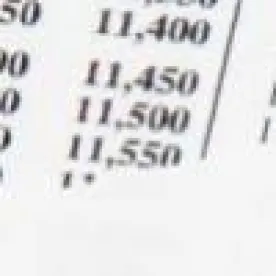Public Act 282 of 2014, signed into law by Governor Snyder on September 11, 2014, repeals the Multistate Tax Compact's three-factor apportionment election for multistate businesses, effective as of January 1, 2008. The Act is an attempt by the Michigan Legislature to override the recent decision of the Michigan Supreme Court in International Business Machines v Treasury, 496 Mich 642 (2014) rehearing and stay requested (August 4, 2014) by clarifying the legislature's original intent in enacting the Michigan Business Tax and the Corporate Income Tax.
The IBM opinion addresses the issues of implied repeal and whether the modified gross receipts tax fits the definition of an income tax under the Compact. The Supreme Court ruled that the enactment of the MBT was not a clear enough expression of intent to constitute an implied repeal and also ruled the modified gross receipts tax fit the Compact's definition of an income tax. The opinion benefits multistate taxpayers by permitting the use of traditional three-factor apportionment, thus incentivizing taxpayers to locate outside the state. The single, sales-factor apportionment approach adopted in the MBT and CIT remove this incentive.
Treasury has estimated the pending and potential unfiled claims for all out-of-state taxpayers to exceed $1.1 billion in tax refunds. The outcome of the IBM litigation will not address all potential arguments: there may be other Constitutional issues supporting clients' positions in spite of the repeal. Practitioners whose clients have pending claims should wait for the outcome of the Supreme Court's ruling on Treasury's request for rehearing in IBM. We urge practitioners considering filing new claims on behalf of their clients in response to the IBM opinion to contact Varnum's tax group.
Public Act 282 of 2014 makes additional changes to the MBT as reflected in the Bill analysis:
Retroactive to tax years beginning on or after January 1, 2010,
-
Allow an adjustment to the modified gross receipts tax base for amounts attributable to the taxpayer pursuant to a discharge of indebtedness.
-
Revise the calculation of the investment tax credit with respect to the recapture of revenue when assets eligible for the credit are sold.
-
Revise the calculation of the renaissance zone credit for a taxpayer located and conducting business in a renaissance zone before December 1, 2002.
-
Revise a provision concerning a dock sale, for purposes of apportionment.
The bill also would require a taxpayer to claim a refund in 2015 if, as a result of the bill's amendments, the taxpayer had an overpayment of the tax for a tax year between 2010 and 2014; and would allow the Department of Treasury to assess the taxpayer for an amount claimed that exceeded the overpayment. The bill would appropriate $1.0 million to the Department to implement these provisions.
-- S.B. 156 Bill Analysis (September 10, 2014)



 />i
/>i

